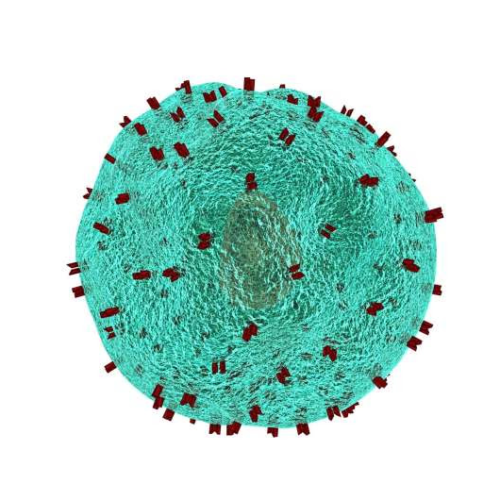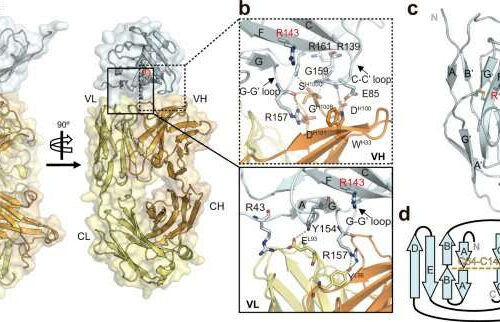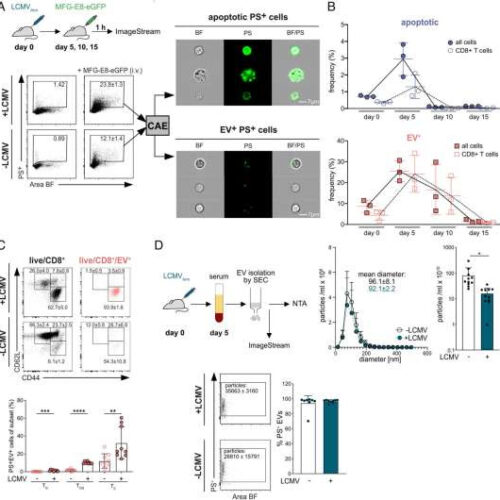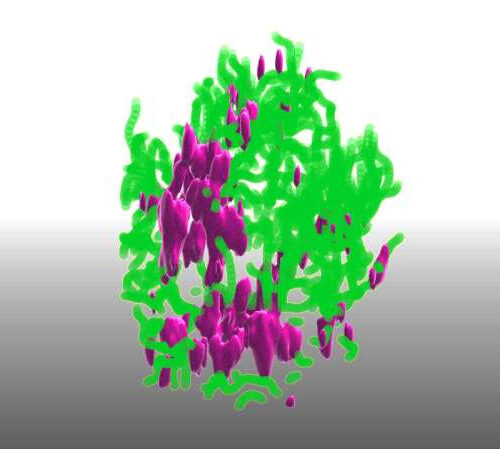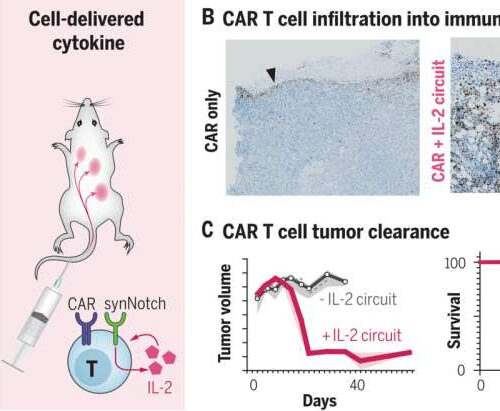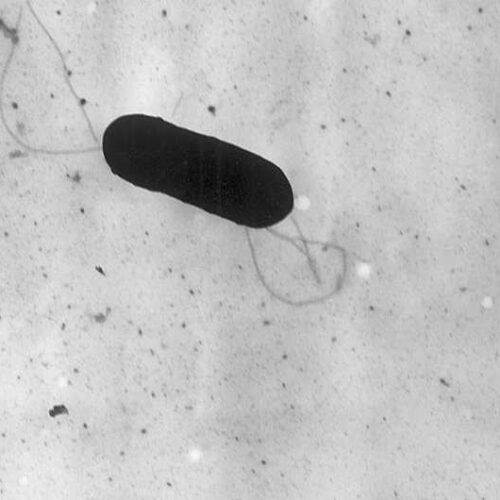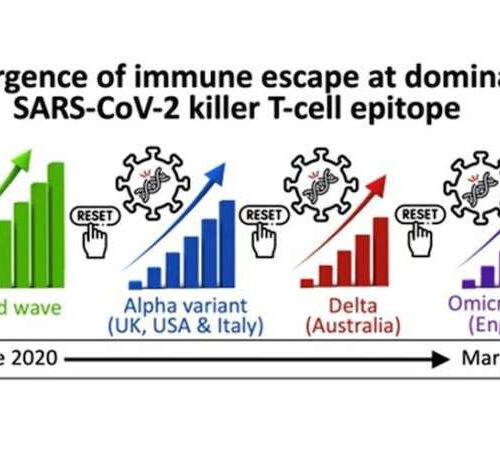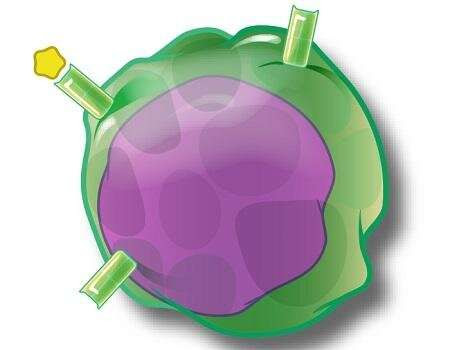by Cleveland Clinic MAY 17, 2024 Credit: Pixabay/CC0 Public Domain A Cleveland Clinic-led team of scientists and physicians have discovered that the immune checkpoint protein VISTA can directly turn off tumor-fighting T-cells during immunotherapy and resist treatment. The study, published in Science Immunology, explains that VISTA can bind to a protein called LRIG1 in T...
Tag: <span>T-cells</span>
Researchers gain structural insights into the immune modulator Siglec-15 and its interaction with T cells
by CIC bioGUNE a Cartoon and surface representation of two views of the crystal structure of Siglec-15 in complex with anti-Siglec-15 5G12 Fab. 5G12 is composed of a heavy chain (HC) (in orange) and a light chain (LC) (in yellow). The variable (VH and VL) region of 5G12 Fab binds to the V-set domain of...
T cells: Vesicles strengthen immune response
by Ludwig Maximilian University of Munich MFG-E8-eGFP detects PS+ apoptotic and PS+ EV-decorated cells in vivo. Credit: Proceedings of the National Academy of Sciences (2023). DOI: 10.1073/pnas.2210047120 As a major component of the immune system, T cells play a critical role in fighting off viral infections. A team led by Prof. Thomas Brocker and Jan Kranich...
T cells in human blood secrete a substance that affects blood pressure and inflammation
KAROLINSKA INSTITUTET Acetylcholine regulates blood flow, but the source of blood acetylcholine has been unclear. Now, researchers at Karolinska Institutet have discovered that certain T cells in human blood can produce acetylcholine, which may help regulate blood pressure and inflammation. The study, which is published in PNAS, also demonstrates a possible association between these immune cells in...
Discovery of T cells’ role in Alzheimer’s, related diseases, suggests new treatment strategy
WASHINGTON UNIVERSITY SCHOOL OF MEDICINE Nearly two dozen experimental therapies targeting the immune system are in clinical trials for Alzheimer’s disease, a reflection of the growing recognition that immune processes play a key role in driving the brain damage that leads to confusion, memory loss and other debilitating symptoms. Many of the immunity-focused Alzheimer’s drugs...
Why don’t T cells destroy solid tumors during immunotherapy?
by University of North Carolina Health Care 3-D image of a T cell experiencing cell stress: endoplasmic reticulum (green), mitochondria (purple). Credit: Elizabeth Hunt, UNC School of Medicine The great hope of cancer immunotherapy is to bolster our own immune cells in specific ways to keep cancer cells from evading our immune system. Although much...
Killing pancreatic cancer with T cells that supercharge themselves
by University of California, San Francisco Therapeutic T cells engineered with tumor-triggered IL-2 production infiltrate and clear immune-excluded tumors. (A) We hypothesized that cell autonomous cytokine delivery will allow for, safer, more effective delivery of key inflammatory cytokines like IL-2. Specifically, IL-2 induction circuits that utilize synNotch to bypass requirements for CAR/TCR activation and provide...
Protein kinase CK2 has key role in killer T cells during infection by Listeria monocytogenes
by Jeff Hansen, University of Alabama at Birmingham Electron micrograph of a flagellated Listeria monocytogenes bacterium, Magnified 41,250X. Credit: CDC/public domain The protein kinase CK2 is involved in a wide range of biological processes and cellular functions, including inflammatory responses and pathologies associated with inflammation. Also, its aberrant expression and activity are characteristic of many...
SARS-CoV-2 spike mutation that ‘escapes’ killer T-cells generated by infection and vaccination
by Cardiff University Credit: Cardiff University U.K. scientists have highlighted a mutation in the spike protein of SARS-CoV-2 that allows the virus to evade important immune cells induced by infection and vaccines. The P272L Spike mutation first arose during the U.K.’s second wave of COVID-19, which began in September 2020, and has been pinpointed to...
Reinvigorating ‘lost cause’ exhausted T cells could improve cancer immunotherapy
by University of Pittsburgh An artist’s depiction of a T cell. Credit: NIAID During a battle with cancer, T cells can become exhausted and are no longer able to function properly. The early phase of exhaustion can sometimes be reversed with immunotherapy drugs, but once T cells become too exhausted, it had been thought that this...

